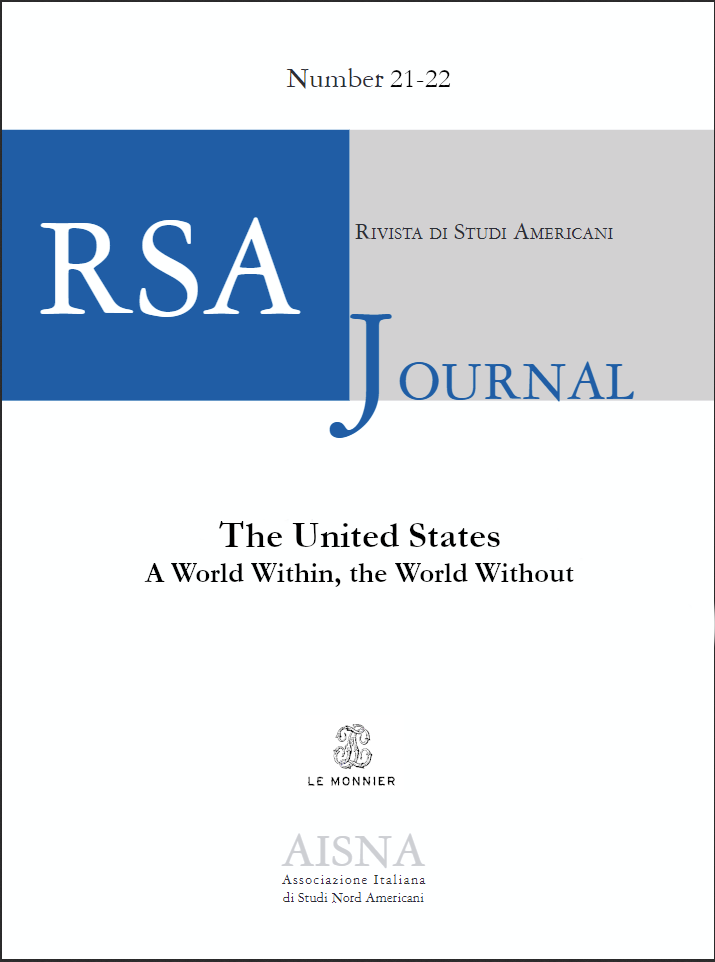Reproductive Autonomy, Faith Outreach and the Democratic Party
How Democrats Can Better Protect the Rights of Women By Courting Evangelical Voters
DOI:
https://doi.org/10.13135/1592-4467/8731Keywords:
reproductive autonomy, democratic party, women's rightsAbstract
Previous academic literature has demonstrated the pluralizing effects of the new media environment on the cultural and religious homogeny of American evangelical Christians. The effects of this pluralization have already been shown to have significant political implications. Among them is a recent effort by the Democratic Party to court evangelical voters. One way Democrats have sought to win the evangelical vote is by running socially conservative candidates for traditionally Republican seats. Yet despite recent victories, not all are pleased by this strategy. In particular, concerns have been raised that in running socially conservative candidates, Democrats are placing in jeopardy reproductive rights. This article explores the validity of these claims, and concludes, ultimately, that such claims are without merit.
Downloads
Published
Issue
Section
License
RSAJournal will apply a CC BY 4.0 license to all its contributions starting with issue 37 (2026). Previous issues are licensed under a CC BY-NC-ND licence.





